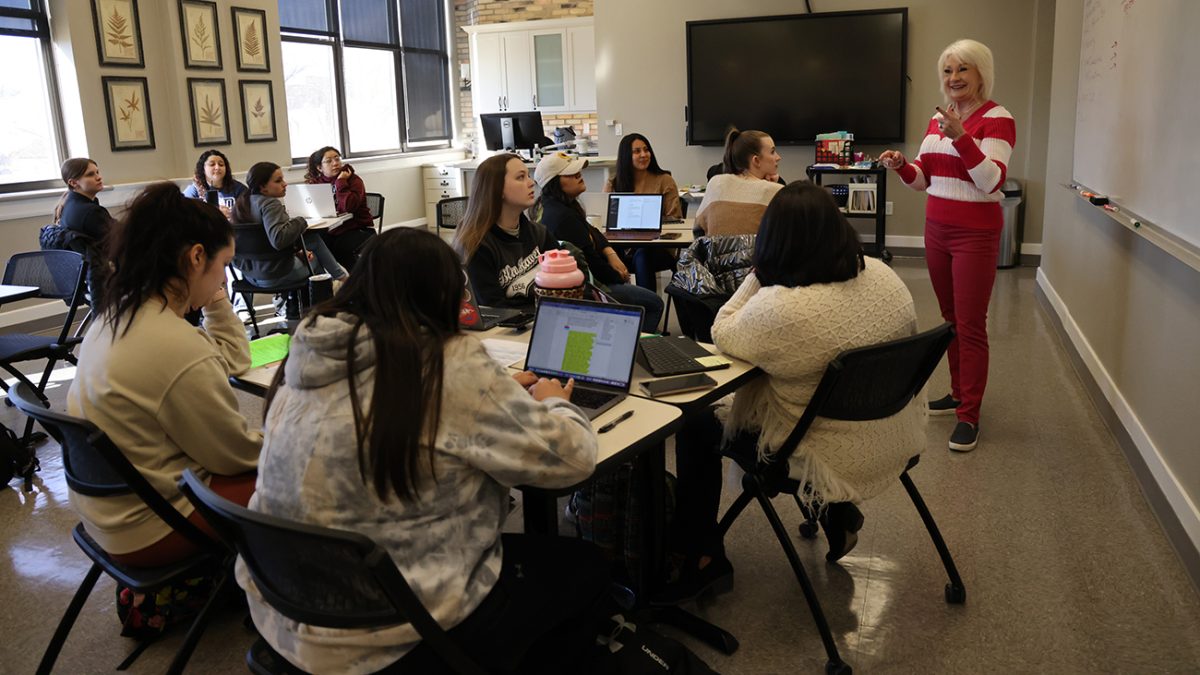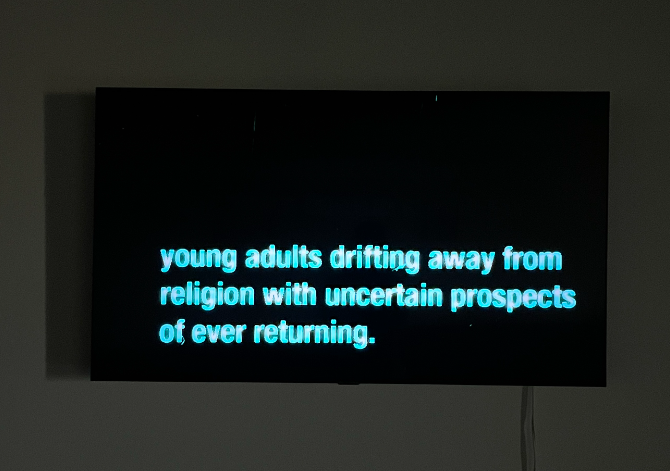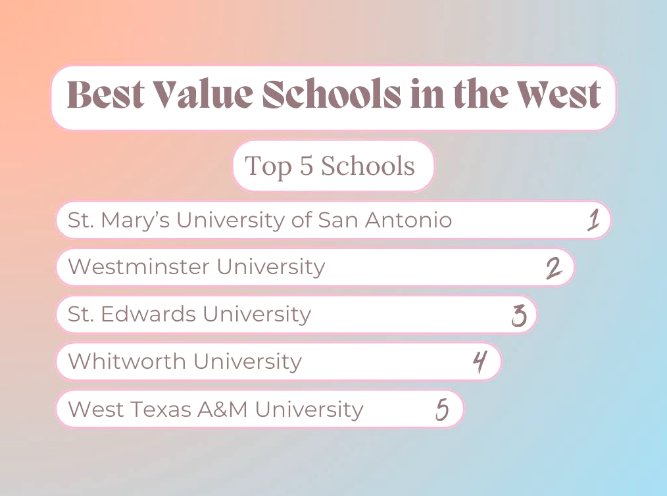CANYON, Texas — West Texas A&M University announced Aug. 24 an ambitious plan to eliminate most textbook-related costs for WT students.
“Making education affordable is our responsibility,” President Walter V. Wendler said. “We want to help lower the cost of higher education for students and families and continue to make WT the University of choice for students across the region, the state, the nation and the world.”
Beginning in the fall 2024 semester, no WT student will be required to buy a textbook for any course, Wendler wrote in an Aug. 24 memo to all students, faculty and staff.
“WT is working to be innovative in our approach to reducing debt incurred by students and their families,” Wendler said. “Technological advances in this information age are forever changing how we deliver education to students.”
The national average for textbooks is $1,200 per student annually, Wendler said, meaning WT students may save up to $4,800 over the course of four years.
“WT has some 9,000 students, which over four years represents more than $43 million in textbooks costs. If only half the students at WT spend the average amount on textbooks, the amount is still more than $21 million saved by students and parents, the majority of whom are taxpayers in the state of Texas,” Wendler said. “Those numbers reflect real savings for WT students. To me, those numbers represent significant savings for students and families.”
WT also has aggressively pursued more open educational resource texts; in the past six years, OER utilization has risen from 5 percent to 22 percent across the University. OER materials are teaching resources that are in the public domain or are released under intellectual property licenses that permit free use, adaptation and redistribution.
Filiberto Avila, student body president, and Zyna Juma, student body vice president, said this move will be welcomed by students.
“We are very pleased with President Wendler’s announcements on students not paying for textbooks,” Avila said. “We believe students will benefit greatly from saving hundreds and even thousands of dollars.”
“This initiative, which can save students up to $1,200 a year, will be a relief to me and many of my peers who have to seek off-campus financial resources to cover the costly expense of textbooks for our courses,” Juma said. “Having previously served on the academic affairs committee within the Student Government Association, I know how important it is to find ways to make educational resources, including OER materials, available as inexpensively as possible to better serve the student body.”
If a course continues to require a textbook, the College’s dean will use WT resources to buy it for students.
Professional manuals, such as those used in nursing, engineering or writing, will be considered reference books, not textbooks, and may still be required.
Faculty also will be encouraged to use AI and other information technology to develop course materials.
“WT faculty are among the best in the state and, I would argue, the nation,” Wendler said. “Their knowledge, expertise and commitment will continue to propel WT as an innovation leader in higher education for the benefit of students and families.”
Efficiently utilizing resources is a key maxim of the University’s long-range plan, WT 125: From the Panhandle to the World.
That plan is fueled by the historic, $125 million One West comprehensive fundraising campaign. To date, the campaign — which publicly launched in September 2021— has raised more than $125 million and will continue through 2025.









